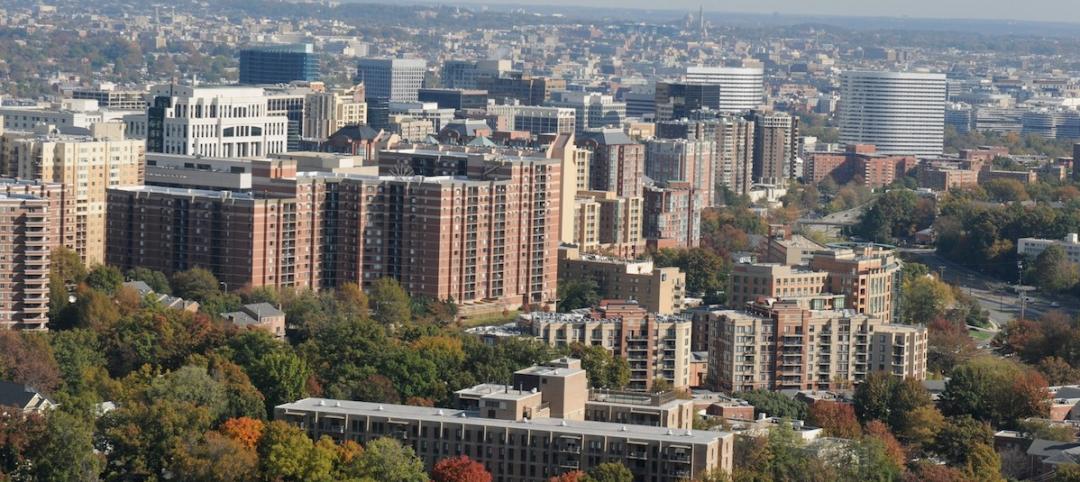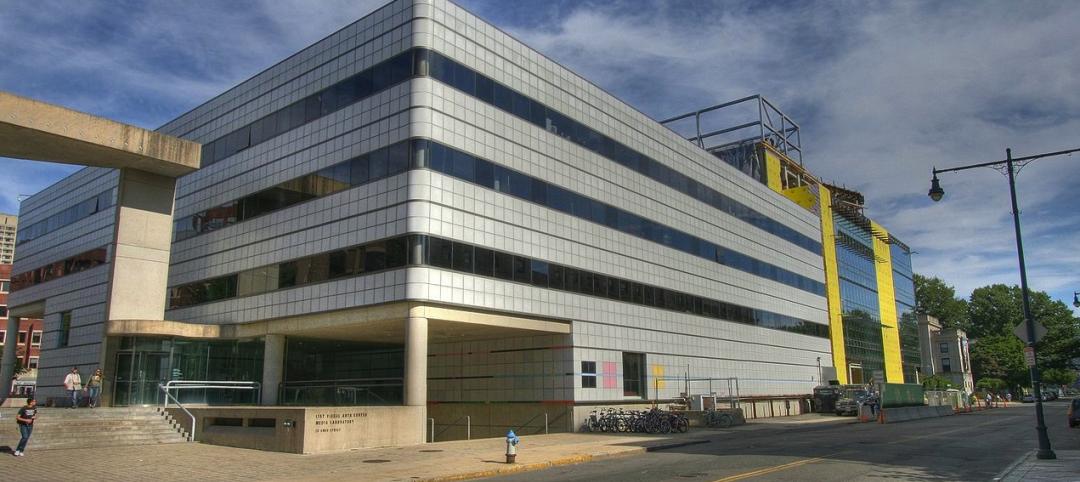Although the Covid pandemic has sapped life from urban cores, city planners say they won’t change their approach to planning for these vital centers, according to researchers at the University of Waterloo in Canada. City living has been radically changed by the pandemic, but planners surveyed by the university expect a return to the “old normal.”
“Despite calls for greater creativity and innovation, there is essentially no difference between what planners viewed as more important to downtowns pre-and-post the pandemic,” said Pierre Filion, an emeritus professor in the School of Planning at Waterloo. “There will not be any radical transformation of post-pandemic downtowns from the pre-pandemic downtowns of the early 21st century that would change the basic forms and functions.”
Pre-pandemic trends, including increased use of outdoor and green spaces, more mixed-use development—particularly in residential areas—and transportation models friendly to walking and biking, will continue, the survey found. Many proposed recovery policies require government intervention, especially in public-private partnerships and collaborations where no single organizational structure is appropriate, researchers say.
Related Stories
Codes and Standards | Apr 22, 2015
GBCI renamed Green Business Certification Inc.
The name change reflects the organization’s expanded certification and credentialing services.
Multifamily Housing | Apr 16, 2015
Seattle’s size restriction on micro apartments blamed for rise in rents
Seattle’s city planner recently said that the council’s new rules have made small apartments more expensive to build and charged the board with “overreaching” and not giving micro-housing “a fair shake.”
Green | Apr 16, 2015
New version of Building Energy Data Exchange Specification launched
BEDES is a dictionary that facilitates consistent exchange of building characteristics and energy use data between tools and databases in the building energy efficiency sector.
Codes and Standards | Apr 16, 2015
New York tops U.S. cities in walkability
Revitalization pushes Detroit and New Orleans up the rankings
Green | Apr 14, 2015
USGBC will recognize energy and water standards for the Living Building Challenge
This move means that projects achieving the energy and water requirements in Living Building Challenge will be considered as technically equivalent to LEED.
Codes and Standards | Apr 14, 2015
New York City preparing new codes for evacuation elevators
New York City’s Fire, Buildings, and City Planning Departments in New York are writing rules to govern occupant-evacuation elevators, reflecting a change in philosophy of how to evacuate people from skyscrapers in an emergency.
Codes and Standards | Apr 12, 2015
California imposes stringent new water standards
California is the first state to adopt standards that are more efficient than those set by EPA's WaterSense program.
Codes and Standards | Apr 12, 2015
Virginia surpasses Florida for strictest hurricane building codes
Virginia has edged out Florida as the state with the most stringent hurricane building codes, according to the Institute for Business and Home Safety’s “2015 Rating the States” report.
Codes and Standards | Apr 6, 2015
Industry groups petition for change order reform on federal projects
Nine design and construction associations ask for assurance that funds available for additional work.
Codes and Standards | Apr 6, 2015
DOE releases Better Buildings Workforce Guidelines
The guidelines are aimed at strengthening and streamlining commercial building workforce training and certification programs for workers in energy auditing, building commissioning, building operations, and energy management.
















